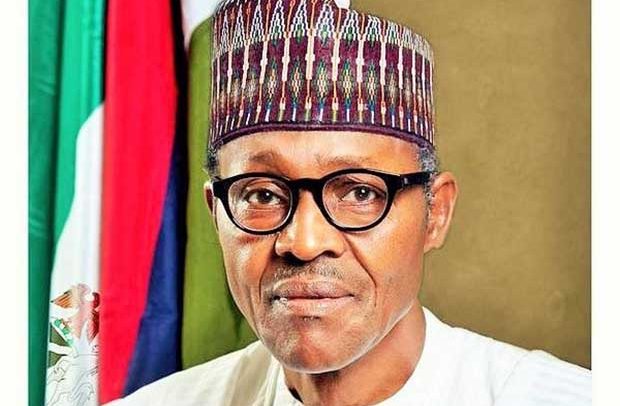Muhammadu Buhari
Former Nigerian President Muhammadu Buhari has died at a London clinic yesterday, where he was receiving treatment following a prolonged illness. He was 82.
His former aide, Bashir Ahmad, who announced the passing of the former President on X (formerly Twitter), wrote: “The family of the former president has announced the passing on of the former president, Muhammadu Buhari, GCFR, this afternoon in a clinic in London. May Allah accept him in Aljannatul Firdaus. Amin.”
The Nigerian Presidency confirmed the news on its X page and indicated that President Bola Ahmed Tinubu has spoken with Mrs. Aisha Buhari, the former President’s widow and offered his deep condolences.
The statement said President Tinubu has ordered Vice President Kashim Shettima to proceed to the United Kingdom to accompany Muhammadu Buhari’s body back to Nigeria.
President Tinubu also ordered flags to fly at half-staff as a mark of respect for his predecessor.
Muhammadu Buhari, former military ruler turned democratically elected leader made history in 2015 by becoming Nigeria’s first opposition candidate to defeat an incumbent—when he defeated President Goodluck Jonathan at the polls.
He was re-elected in the 2019 Nigerian general election for another four-year term. He was known for his stance against corruption and his efforts to stabilise the country’s economy which was affected by the COVID-19 pandemic.
Buhari endured a somewhat difficult time in office as he struggled to deliver the change that he promised Nigerians, who longed for a new direction after 16 years of PDP rule at the national level.
He served as Nigeria’s elected president from 2015 to 2023 after previously leading the country as a military head of state between January 1984 and August 1985.
Background
President Buhari was born on December 17, 1942 in Daura, Katsina State to Adamu and Zulaiha Buhari. He was raised by his mother, following the death of his father when he was about four years old.
He joined the Nigerian Army in 1961 when he was admitted to the Nigerian Military Training College, Kaduna. He underwent the Officer Cadets training at Mons Officer Cadet School in Aldershot, England from 1962 to 1963, and was commissioned as Second Lieutenant in January 1963.
Buhari held several key command and staff, as well as political appointments during his illustrious military career.
These included Military Secretary; Member, Supreme Military Council; Military Governor of the North Eastern State; Federal Commissioner of Petroleum Resources; Chairman, Nigerian National Petroleum Corporation; General Officer Commanding, 4th Infantry Division and General Officer Commanding, 3rd Armoured Division.
The military coup of December 1983 led to the emergence of General Muhammadu Buhari as Head of State and Commander-in-Chief of the Nigerian Armed Forces, a position in which he served until August 1985.
Buhari was appointed Executive Chairman of the Petroleum Trust Fund (PTF) by the Abacha administration in 1994.
Political Career
Buhari entered politics in 2003, following Nigeria’s return to a democratic dispensation in 1999. He joined the All Nigeria People’s Party (ANPP) and contested the presidential election on its platform that year.
In March 2010, Buhari left the ANPP and formed, with some of his supporters, the Congress for Progressive Change (CPC) and was nominated as the party’s presidential candidate. He lost the election to Goodluck Jonathan.
Buhari contested and won the 2015 Nigerian election on the ticket of All Progressive Congress (APC), a political party that was formed by the merger of the All Progressive Grand Alliance (APGA) and several other political parties in 2013.
BY Gibril Abdul Razak


